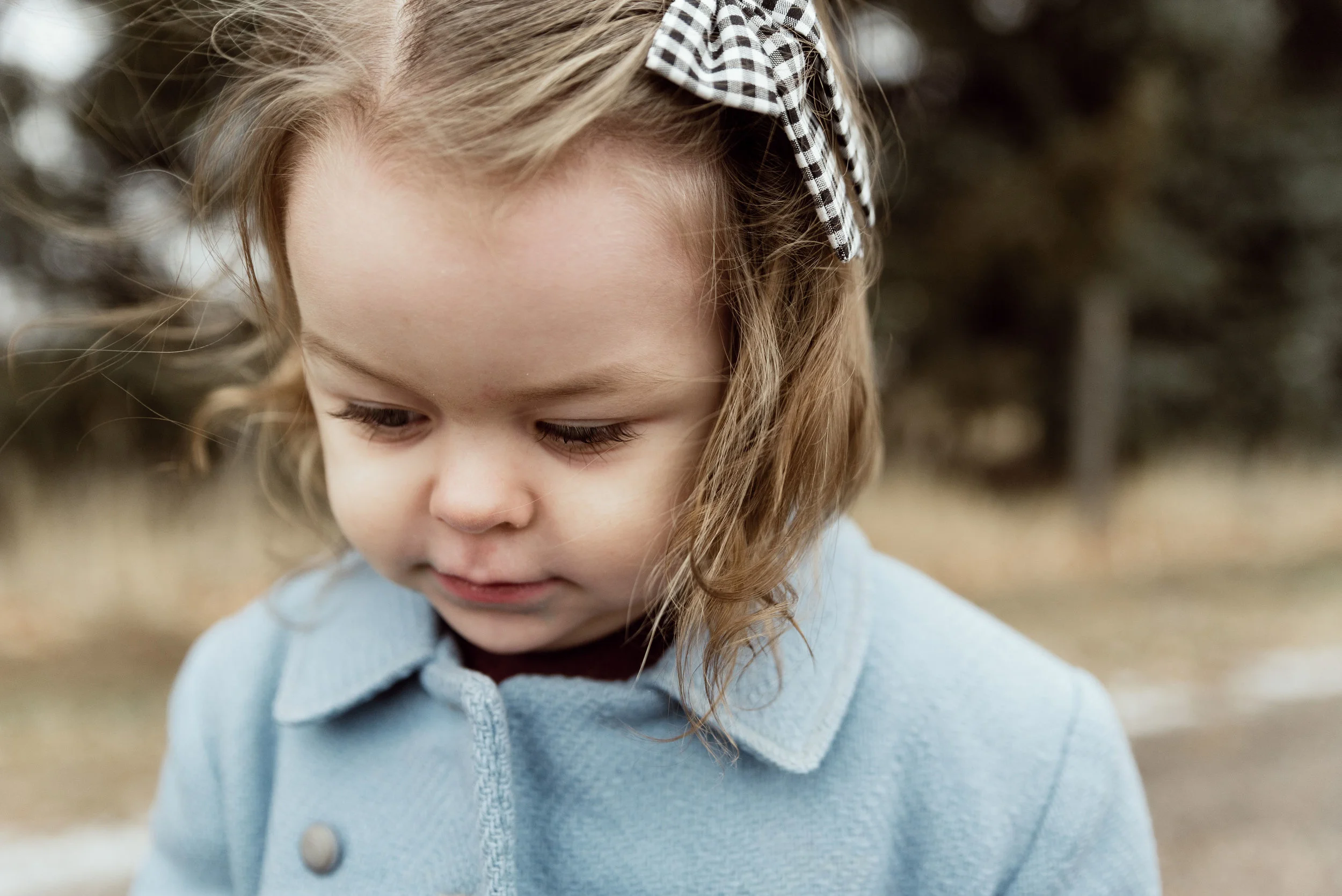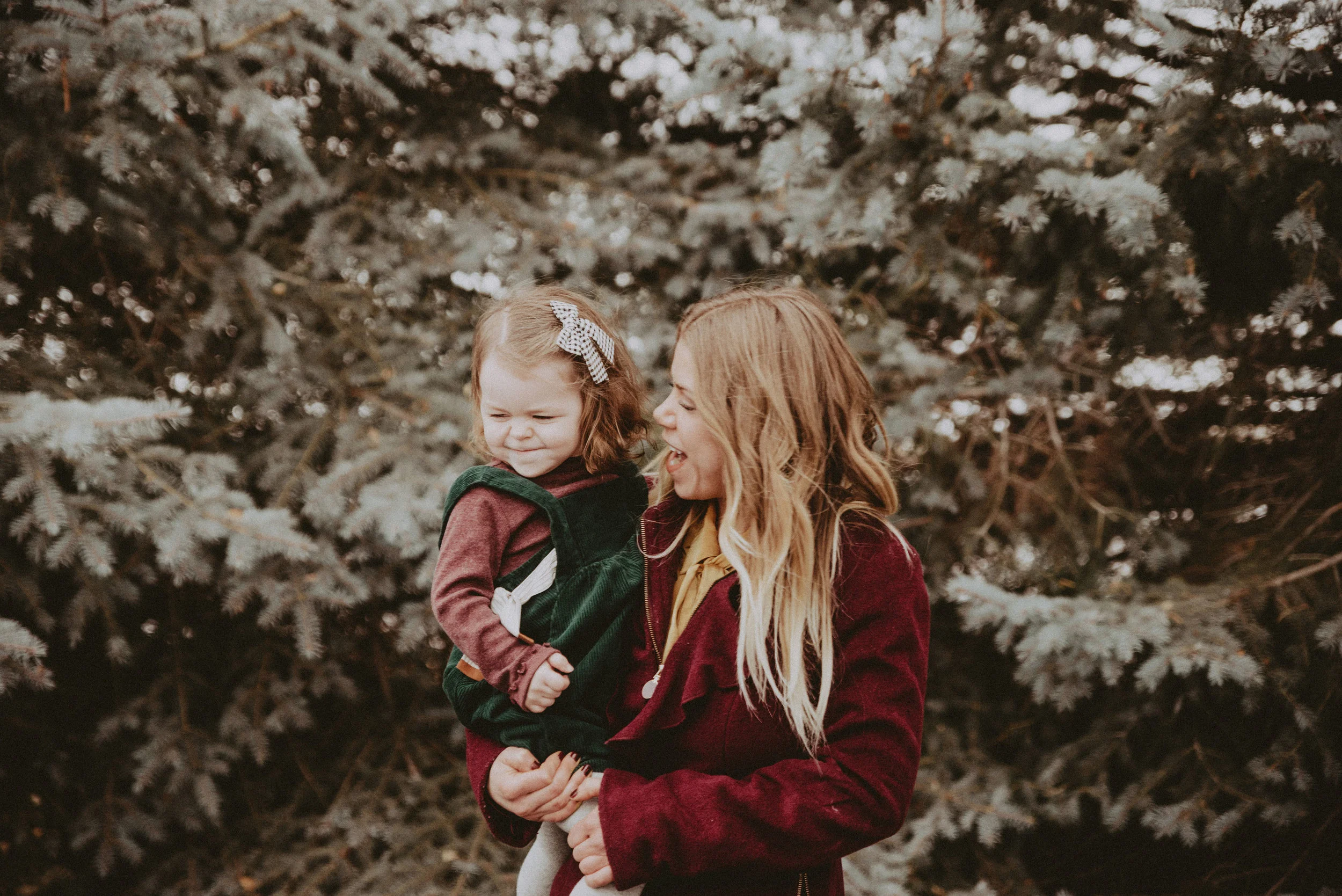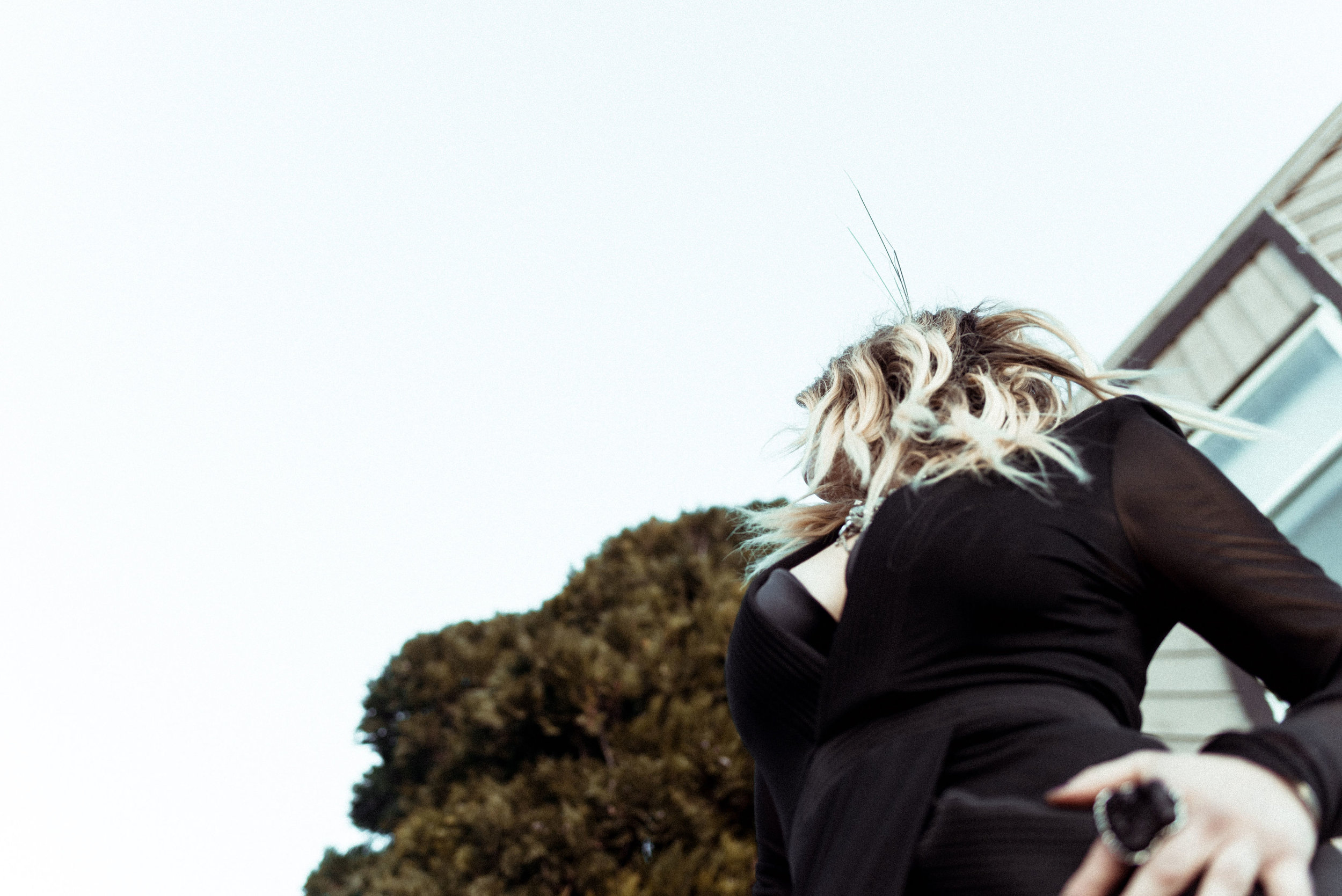What doesn't K I L L you makes you....
Images by Brooke Richardson Photography
“I don’t want you to be safe ideologically. I don’t want you to be safe emotionally. I want you to be strong. That’s different. I’m not going to pave the jungle for you. Put on some boots and learn how to deal with adversity. I’m not going to take all the weights out of the gym; that’s the whole point of the gym. This is the gym.”
It’s undeniable: Rates of anxiety, depression, and suicide are skyrocketing.
Why is this?
I recently read a book called The Coddling of the American Mind: How Good Intentions and Bad Ideas Are Setting Up a Generation for Failure, by Greg Lukianoff and Jonathan Haidt.
This book explores causes of and antidotes to:
Fragility of today’s youth
Decline of free speech
Elevated rates of depression, anxiety, self harm, and suicide, particularly among today’s youth
The book starts off with three Great Untruths that seem to have spread widely in recent years:
The Untruth of Fragility: What doesn’t kill you makes you weaker.
The Untruth of Emotional Reasoning: Always trust your feelings.
The Untruth of Us Versus Them: Life is a battle between good people and evil people.
These Great Untruths are negatively impacting everyone. Anyone who cares about youth, education, or democracy should be concerned about these trends.
This post will focus on the first Great Untruth (specifically regarding fragility): What doesn’t kill you makes you weaker.
Contrary to current popular practice and belief, children are antifragile. They NEED to be exposed to various challenges and stressors (within limits and in age-appropriate ways) or they will fail to mature into strong and capable adults, able to function successfully and engage productively with people and ideas that challenge their beliefs and moral convictions (Failure to Launch, anyone?!).
“You are not a fragile candle, you are a fire - so welcome the wind by seeking out ideologically different speakers and ideas.”
Though parents/teachers/caretakers/administrators have good intentions by shielding and protecting kids from physical/mental/emotional/psychological hurt, doing so actually does more harm than good. Grossly expanded conceptions of trauma and safety are now used to justify overprotecting youth of all ages (even many college kids who now claim the need for safe spaces and trigger warnings lest words and ideas “endanger” them).
Safetyism is an obsession with eliminating threats (both real and imagined) to the point where practical and moral concerns are overruled. Safetyism deprives young people of the experiences their antifragile minds need, thereby making them more fragile, anxious, and prone to seeing themselves as victims.
The authors discuss how children today, on average, have far more restricted childhoods than their parents did, though the parents grew up in far more dangerous times. This is due to a variety of reasons, including:
Fear for children’s safety (though children are safer today than at any other point in history)
Heightened educational standards and requirements, from preschool through high school, particularly to facilitate college admission
Both of these factors result in less exploratory play time and more structured, supervised time. The authors note helicopter parenting combined with laws and social norms that make it tough to allow kids unsupervised play time may negatively impact their resilience and mental health.
Basically, when we overprotect children, we harm them. Overprotection makes them weaker and less resilient in the future. As with most things, it’s about balance. You don’t want to neglect them, but you don’t want to overmonitor them, denying them the thousands of small challenges, risks, and adversities they need to face on their own to become strong and resilient adults.
“Prepare the child for the road, not the road for the child.”
Foster antifragility by giving kids the gift of experience so they can become autonomous, resilient adults. Recognize they need some unstructured, unsupervised time to learn how to judge risks for themselves and practice dealing with issues like frustration, boredom, and interpersonal conflict. The most important thing they can do with that time is to play, especially in free play, outdoors, with other kids (away from screens!). There may need to be an adult nearby for children’s physical safety, but that adult shouldn’t intervene in general disputes and arguments.
The authors even recommend encouraging your children to walk or ride bikes to and from school at the earliest age possible, consistent with local factors like distance, traffic, and crime. Ask your school to provide a way for kids to check in and out, to track children who trek to school independently without needing to use a smartphone to monitor them.
If you like the idea of allowing your young ones a little more leash length, but are worried the neighbors will report you, visit LetGrow.org to print a “Let Grow License” to send with your kiddos. This informs any (well-meaning!) busybodies your child is not lost or neglected, and is allowed more free rein (in compliance with state law). Learn what the laws in your state require by typing “state laws” into the site’s search box.
As previously mentioned, it’s not just about physical safety; consider your kids’ emotional, mental, and psychological well-being. You can fortify them by encouraging your children to engage in a lot of “productive disagreement.” Instruct them how to communicate respectfully. Teaching them how to give and take criticism without being personally offended is an essential life skill.
In the next post, we’ll discuss the second Great Untruth: Always trust your feelings.
xx,
-w-
Write here…
L O V E yaself
Images shot by Abbey Armstrong Photography
Edited by Brooke Richardson Photography
“The only cure I have ever known for fear and doubt and loneliness is an immense love of self.”
I think I’m awesome.
Please don’t be put off by that. I want Y O U to feel the same about yourself.
And you can!
Do I think I’m awesome 100% of the time? Don’t get it twisted: I have my moments of discouragement/frustration/etc, but overall - I always LOVE myself, which is especially important during those moments of discouragement and frustration. I think I’m a rad chick.
“You owe yourself the love you so freely give to other people.”
I had to work hard to get to that point. That unconditional self love.
BUT YOU CAN TOO!
You too can create an abiding self love, independent of your moods/feelings/triggers/experiences/environments.
It requires practice and awareness. It requires facing your shadows. Feeling - not repressing - your emotions. Reserving judgment and extending grace. Being honest and not feeding yourself stories just to make yourself feel better (this only feeds the ego and creates a faux, insecure self love). It also requires a touch of tough love, and calling yourself out when necessary, to live into your potential/cease the false narrative/incorporate the discipline.
“Comparison is an act of violence against the self.”
It’s not easy at first, but once you get a taste of true self love - YOU SEE IT’S WORTH IT. You realize how powerful, necessary, liberating, and impactful it is.
Self love is imperative. Not like, “Gee, it’d be ideal if you loved yourself, but it’s whatevs.”
Nah. IT’S NOT WHATEVS.
It’s absolutely c r u c i a l not only to your ultimate wellbeing and happiness, but also to the wellbeing and happiness of your inner circle, of your outer circle, and of the whole entire world.
I know, I know, you’re likely thinking, “Okay, dramatic much?”
But it’s true. If you want to change the world, start with yourself. The ripple effect starts with you. Happy people radiate and perpetuate bliss and good vibes. It’s all about energy, man. It’s the currency of the universe. Your energy introduces you before you even speak. Once you get right with yourself and start riding those high vibes, you’ll be amazed how it affects the space/people around you (I discuss this in my latest episode with Izzy Ramirez). That’s not just Hippie Whitney talking. That’s science. Physics. Your thoughts/actions carry energy, and people/life around you responds according to the frequency you emit.
“Be the type of energy that no matter where you go, you always add value to the spaces and lives around you.”
Don’t believe me? Think about a time you were feeling great/okay, and encountered someone in a less-than-stellar mood. Even if you manage to stay on that high vibe, you’re still affected to an extent by the negativity. And don’t even get me started with consistently toxic people.
Self love makes you happy. Happiness gives you energy, drive, stamina, compassion. (Plus, as Elle Woods rightfully noted, it fights crime and preserves marriages because “happy people just don’t shoot their husbands. They just don’t.”)
“Shoutout to all the people out there trying to love themselves in a world that’s constantly telling them not to.”
And ESPECIALLY if you have kids in your life, modeling self love yourself is key in developing their own. Particularly regarding body image. Society already demands they contort themselves to meet impossible and elusive ideals. Set your kids up for success and mitigate societal damage by expressing self love, especially during those impressionable younger years.
Daring to love yourself is an act of rebellion in this world. LET’S REBEL TOGETHER.
How sad is it that society has taught us to view people’s expression of self love as arrogance. Self absorption. Narcissism. When we see someone celebrate their win, or acknowledge their skill, or comment, “Hey, I look smokin’!” we tend to dismiss them is “sooo into themselves.”
SAD.
That should be our baseline. We should allow ourselves and others the space to embrace our awesomeness. Our beauty and smarts. Our talent and skill. Sure, we don’t want to get obnoxious about it and go on and on about how ahhhmaaaze we are.
There’s a distinction between self love and insecurity. When you’re solid in yourself and truly love yourself, you’re secure - and have the mental and emotional bandwidth to love and care about others. When you’re insecure, you tend to overcompensate. You feel compelled to seek validation externally. When you love yourself, you internally validate yourself.
So DECIDE RIGHT NOW to win yourself over. Commit to falling in love with yourself and watch your life absolutely TRANSFORM.
xx,
-w-












